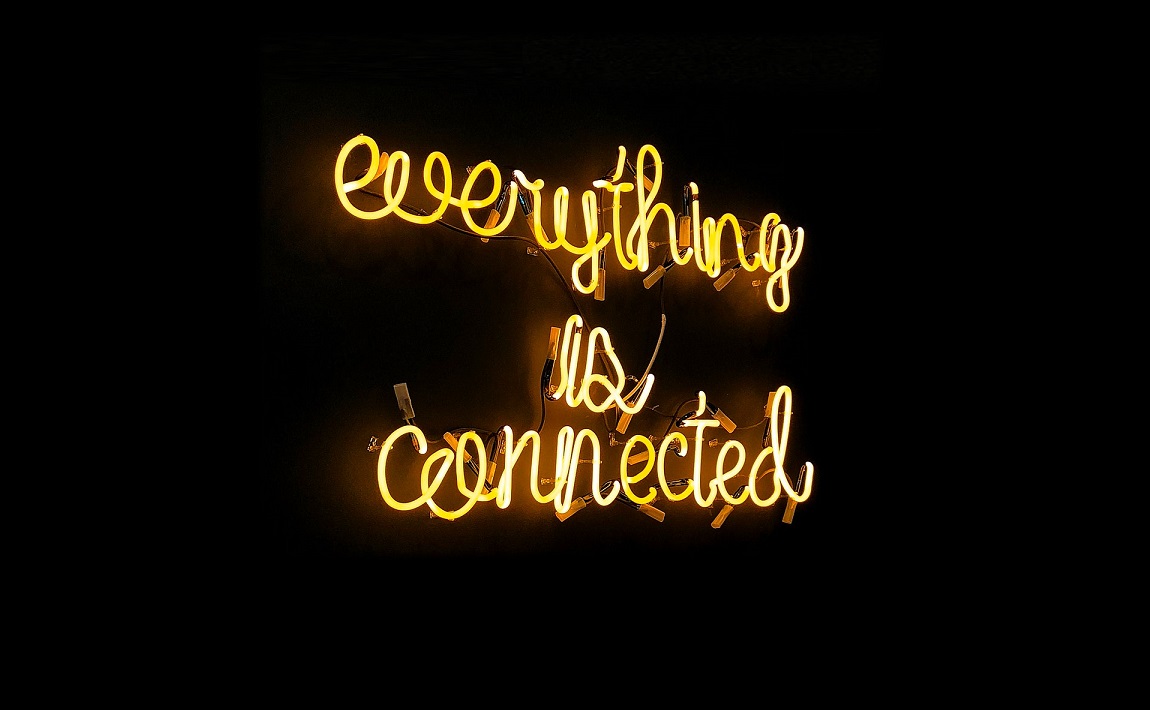
“Internet of Things” & Other Tech Buzzwords
6 Big Tech Buzzwords You Need To Be Aware Of
There’s no getting around it – working with tech means dealing with a lot of buzzwords, and it’s hard to figure out which ones will become important for you. What’s more, the list seems to update every couple of years, as the latest and greatest tech trends and innovations go mainstream.
Here are some of the latest tech buzzwords and what they mean for businesses:
Internet Of Things
Internet of Things, or IoT, refers to a network of billions of Internet-connected devices that gather data and communicate with each other.
In popular rhetoric, IoT specifically refers to Internet-connected things other than dedicated computers. This includes everything from household appliances like refrigerators and washing machines, to self-driving cars communicating with each other on roads. The most visible impact of IoT is the rise of the smart home, and in the modern era, it’s centered on home voice assistants such as Amazon Alexa and Google Assistant.
Businesses can employ smart IoT devices on a large scale to smarten up their offices, save energy through smart climate control, have IoT printers report their maintenance status online, and employ sensors to track employee traffic through hotspots.
Search Engine Optimization
Whenever someone searches for something in a search engine such as Google, the search engine retrieves web pages from its index and uses unique algorithms to determine the relevance of a page with respect to the user’s search terms. Then, it serves search engine results pages (SERPs) with each website ranked according to relevance.
Search engine optimization, or SEO, refers to the collection of techniques and practices that are used to improve website rankings on search engines. Websites that are designed with SEO in mind will employ keywords, mobile-friendly adaptive design, link building, and other techniques.
SEO is a critical skill and toolset for companies who want to ensure that their digital marketing efforts get the most reach!
Big Data
The modern age has made it possible to collect enormous sums of data on a grander scale than ever before. It’s estimated that every person on the planet generates 1.7MB of data per second, and up until recently, the software that processes this data hasn’t had a chance to catch up.
Big data refers to the use of new systems, frameworks, and software that can deal with large and complex data sets, analyzing and correlating data points to reveal new insights. Businesses deal with big data on a daily basis – they use customer data to create business forecasts, marketing strategies, and supply chain tracking, among many other applications.
Deep Learning
Deep learning is a body of machine learning techniques that uses artificial neural networks to analyze data sets and look for patterns with little or no supervision. Deep learning can be used in machine vision, sound processing, and even in searching for patterns in consumer habits and preferences.
Augmented Reality
Augmented reality involves projecting digital things into the real world. For example, videos, GPS points of interest, and notifications can be projected onto a camera feed of the real world, or into a pair of AR smart glasses. Businesses can use AR to aid in training employees and create new marketing experiences for customers.
Augmented reality is different from virtual reality in that virtual reality completely encompasses a user’s vision and senses, replacing it with a different world or construct. Augmented reality literally augments reality by adding more information to what’s already around you.
One of the most popular AR examples today is the wildly popular game Pokemon Go, which allows players to capture virtual creatures that are projected into the real world through their phone cameras.
Blockchain
Blockchain technology refers to a type of database that consists of unchangeable records that are linked together in a chain. Each record or transaction contains a link to the previous record, which allows everyone to view the complete transaction history of a particular record. One of the highlights of the blockchain is that it’s completely decentralized and hosted on a distributed peer-to-peer network, so no single entity can claim ownership.
Blockchain tech was invented to make cryptocurrency possible, and cryptocurrency remains the principal use case for blockchain. However, the technology itself can be used in logistics, banking records, and other applications that are heavy in recordkeeping.
Conclusion
Working in tech doesn’t mean having to figure these things out by yourself. Set up a free consultation with Network Coverage, and we can work with you to demystify these concepts, helping you find your place in the industry.

